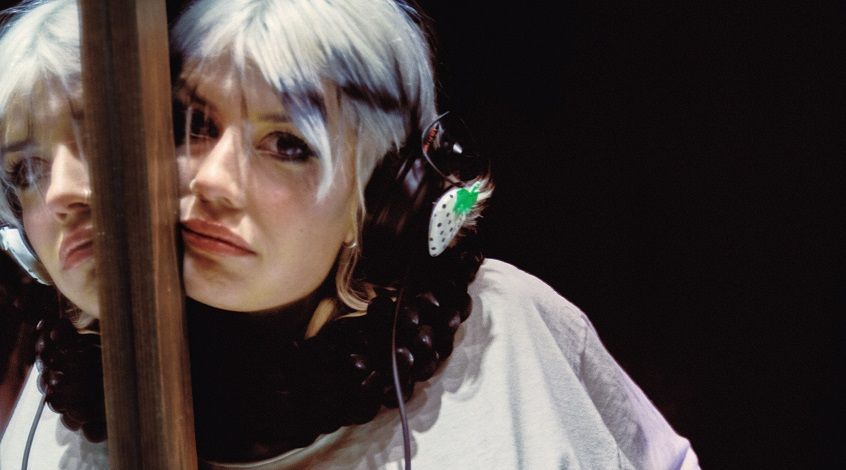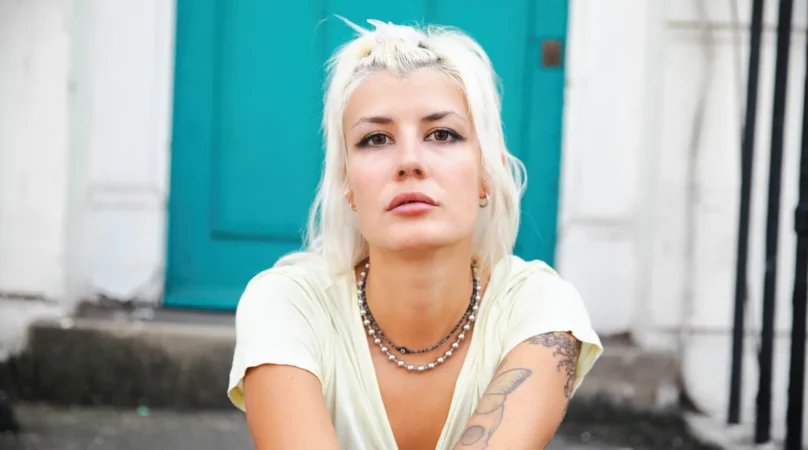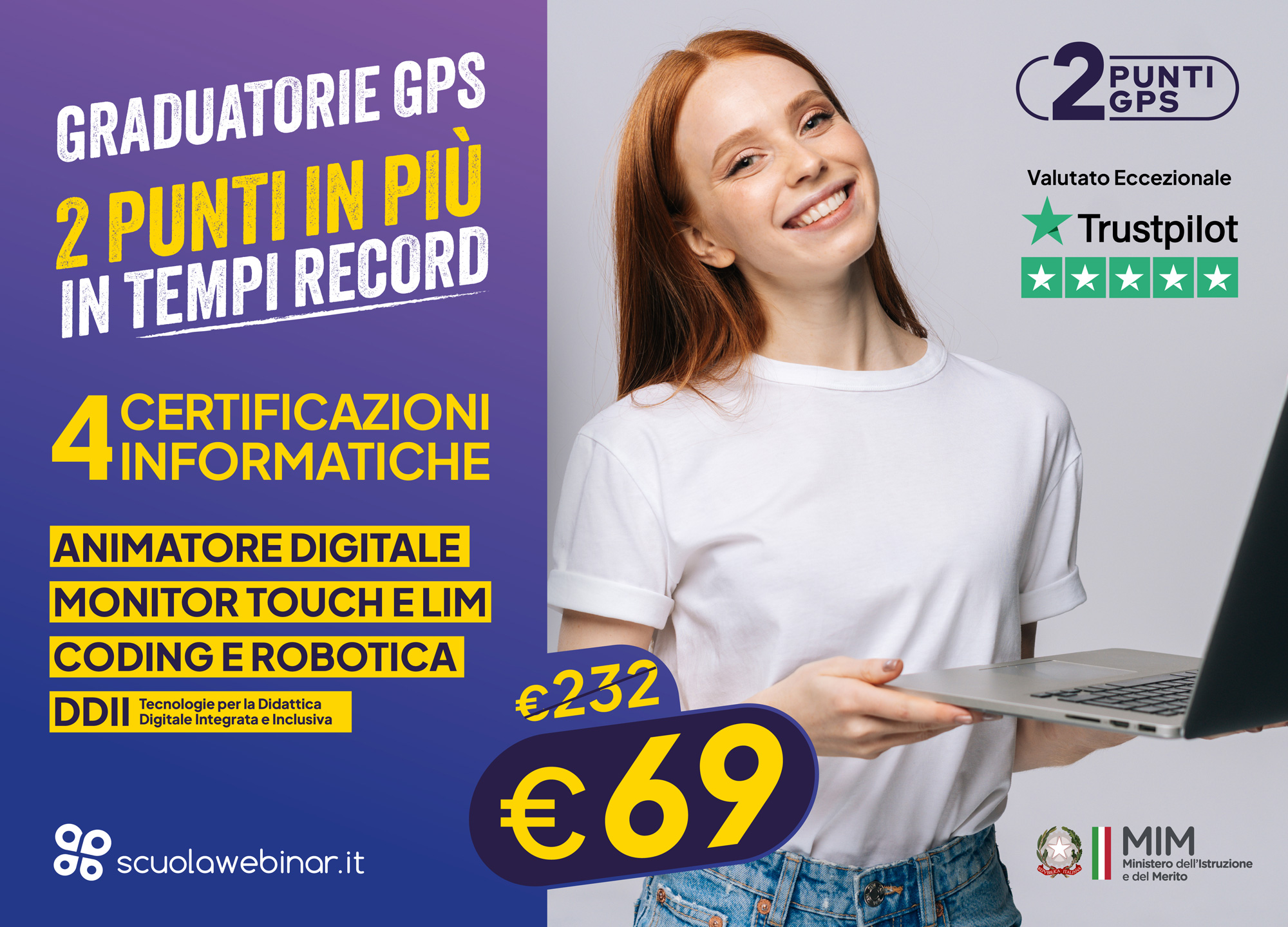Insieme a Vanilla Jenner aka Viji siamo andati alla scoperta di come è nato il suo freschissimo album di debutto e del magico mondo di Speedy Wunderground.
(foto in copertina © Emma Swann)
Qualche settimana fa abbiamo fatto una piacevole chiacchierata con Vanilla Jenner, in arte Viji, artista austriaco-brasiliana di base a Londra che a fine ottobre ha pubblicato il suo album di esordio So Vanilla per la celebre etichetta Speedy Wunderground.
Tra i temi trattati, l’incontro di Viji con Dan Carey (ovvero il più influente produttore dei giorni nostri e fondatore dell’etichetta di cui sopra), la proliferante scena londinese e i sentimenti che hanno ispirato le canzoni di un disco molto anni Novanta, dalle venature allo stesso tempo ruvide e pop.
Di seguito il testo dell’intervista in italiano e in inglese.

[ITA]
Ho scoperto la tua musica al Great Escape durante lo showcase di Speedy Wunderground lo scorso maggio. Cominciamo con questa esperienza. Come è stato? E quanto sono importanti festival del genere per una band esordiente?
Il Great Escape per il Regno Unito è il più grande festival per band nuove. È stato bello farne parte, ho passato un po’ di tempo a Brighton per vedere anche altri artisti di persona.
Il palco dove abbiamo suonato era davvero grandioso ed è stato forte essere nella stessa lineup dei miei compagni di etichetta. È importante per i nuovi artisti e penso che il Great Escape sia fantastico anche perché hai sia il Great Escape ufficiale ma anche i Great Escape alternativi.
In tutte le scene lì, anche se non si è parte del programma ufficiale del festival, si possono comunque organizzare feste con band che suonano. È semplicemente un grande ambiente!
Come sei stata coinvolta da Dan Carey e Speedy Wunderground?
È stata una coincidenza. In realtà ho iniziato a lavorare con Dan prima di lavorare con Speedy ed è stato perché qualcuno nella mia vecchia etichetta ha organizzato con lui una sessione di scrittura. Non sapevo davvero chi fosse Dan e lui non sapeva chi fossi io.
Siamo andati subito d’accordo. Credo che quel giorno abbiamo scritto la parte strumentale di Ambien, l’ultima traccia dell’album appena uscito. Quindi anche il primo giorno in cui abbiamo scritto è andato alla grande, lo studio è fantastico ed è stato un momento piacevole. L’etichetta è venuta fuori dopo.
Ho scritto molte canzoni con Dan, penso che cinque delle canzoni dell’album siano state scritte insieme a lui. È stata una progressione naturale; loro hanno voluto mettermi sotto contratto e a me è piaciuto molto realizzare l’album con loro. Sono un’etichetta indipendente ma fanno molto per la scena locale.
A proposito di questo, in questi anni la Speedy Wunderground ha pubblicato molteplici band con sonorità diverse, riunendo moltissimi talenti. Secondo te in che modo questa etichetta sta sviluppando una vera e propria scena locale a Londra?
Scelgono ciò su cui piace loro lavorare ma essi amano connettere le persone. Ogni volta che c’è uno spettacolo, invitano gli altri artisti ad assistere. Quindi si crea una scena naturalmente.
Dan fa molte sessioni in studio a tarda notte, magari siamo ad un concerto e poi andiamo di nuovo in studio e quindi tutto procede in modo naturale.
È ottimo avere un roster di artisti vario, soprattutto perché è selezionato con cura.
Dan ascolta tutti i tipi di musica. Abbiamo organizzato una festa per il decimo anniversario dell’etichetta in cui ogni band associata è venuta e ha suonato due o tre canzoni. Era tutto predisposto, non dovevi portare i tuoi strumenti, non dovevi portare i tuoi pedali. Tutto era sul palco ed era… speedy!
Tu sei brasiliana ed austriaca: cosa hai portato di queste origini nella tua musica?
Non saprei, sento che è più una questione di ambiente. Sono cresciuta con mio padre, che era un costruttore di strumenti, e il padre di mia nonna era un pianista. Quindi penso che l’aspetto musicale e la musica in generale è sempre esistita attorno a me, e questo è molto importante per i brasiliani. Ovviamente non penso che tu possa necessariamente sentirlo nella mia musica, ma sicuramente mi ha influenzato come persona. Forse qualcosa come un’attitudine più che un suono.
Sei nata a Vienna ma sei cresciuta poi come artista nel Regno Unito. Quanto è importante crescere in un contesto culturale come quello londinese?
Sicuramente volevo andare in un posto dove si parlasse inglese. Avevo il mio cugino maggiore a Vienna e lo sentivo sempre lamentarsi di quanto fosse difficile andare oltre l’oceano o il mercato tedesco.
Ho sempre scritto musica in inglese e ho trascorso un po’ di tempo negli Stati Uniti.
Poi ho scelto il Regno Unito perché negli Stati Uniti sarebbe stato semplicemente più complicato, è stato più facile per me trasferirmi qui. Volevo solo essere in un posto dove si parlasse inglese e poi in un posto più internazionale; a Londra hai di tutto, tutti passano per Londra. La gente viene a suonare a Londra da qualsiasi parte del mondo e ho molti amici internazionali, questo tipo di aspetto è molto importante per me.
Una volta hai detto che la tristezza è tanto importante per scrivere una canzone. Puoi approfondire un po’ questo concetto?
Penso che, se stai lottando o se vuoi davvero qualcosa, ottieni più ispirazione.
Credo che, quando sei semplicemente contento e soddisfatto, non senti necessariamente la spinta di cui hai bisogno per scrivere musica. Se sei felice, di cosa parlerai? Perché dovresti fare musica se sei semplicemente felice? Faccio musica perché sento che devo esprimermi in qualche modo; e. se sono in vacanza e sono su una spiaggia, non penso davvero alla musica. Penso che potresti dover affrontare delle difficoltà per avere l’ambizione creativa di scrivere. Personalmente, in un certo senso, è stato così.
Nella tua musica noto un’attitudine pop ben combinata con un’altra invece noisy. Come riesci a coniugare questi due aspetti?
Penso che la struttura delle canzoni o almeno le melodie siano pop. È poi negli strumenti che entra in gioco la parte più chiassosa. Negli anni ’90 e 2000 il pop era ciò che era popolare.
Al giorno d’oggi il pop è proprio inteso come quel piano molto pulito, il synth o una melodia orecchiabile, l’auto-tune o cose del genere, ma il pop è semplicemente tutto ciò che è popolare… i Nirvana erano pop in questo senso. Chiunque può essere pop, se è catchy. Penso che questo sia l’aspetto principale, se qualcosa è catchy allora i suoni non sono così importanti in fondo.
Siamo a fine anno, qual è stato il momento più bello del 2023?
È davvero difficile, è stato proprio un bell’anno.
Andando dall’inizio dell’anno, ho mixato l’album a gennaio ed è stato fantastico. Poi pubblicare la prima canzone dell’album è stata realmente una bella sensazione. Inoltre abbiamo organizzato una sorta di festa per l’uscita con tutti i miei amici ed è stato davvero speciale. Non lo so.
Direi questi tre: avere un album masterizzato, pubblicare il primo singolo e ora avere un album fuori.
E quale sarà il momento più bello del 2024?
Anche questo è difficile, non riesco a mica prevedere il futuro!
Sicuramente non vedo l’ora di andare al South by Southwest e di andare negli Stati Uniti. Non ho mai suonato negli States, quindi sarà proprio figo. E sono anche entusiasta di andare di nuovo in studio e scrivere. Mi piace realizzare visual e video e fare una campagna promozionale, adoro addentrarmi nell’aspetto visivo, ma penso che la cosa che mi è sempre piaciuta di più sia stare in studio e scrivere, sì.
[Grazie mille a Vanilla per la sua disponibilità e gentilezza.]
***
[ENG]
I discovered your music at The Great Escape during the Speedy Wunderground showcase in the last May. Let’s start with this experience. How was it? How important are festivals like that for a debut band?
The Great Escape for the UK is the biggest of the newcomers festival.
It feels really cool to be part of it, I spent some time in Brighton going to see the bands myself.
The stage where we played was really cool and It was nice to be in the same lineup of my label buddies. It’s really important for newcomers and I think that the Great Escape is fantastic because you have the Official Great Escape but also you have a lot of alternative Great Escapes. Troughout the scenes there, even they don’t get the official festival, they can still put on parties with bands playing. It’s just a great environment.
How did you get involved with Dan Carey and Speedy Wunderground?
It was super coincidental. I actually started working with Dan before working with Speedy and it was because somebody in my old label set up a writing session.
I didn’t really know who Dan was and he didn’t really know who I was. We instantly vibed.
I think on that day we wrote instrumental for “Ambien”, the last track of the album that just came out.
So even on the first day we were writing and It was so nice, the studio is amazing and it was such a good time. The label came out after. I wrote a lot of songs with Dan, I think five of the songs in the album are co-written with him. It was a natural progression; they wanted to sign me and I loved to do the album with them.
They are an independent label but they do a lot for the local scene.
In this regard, Speedy Wunderground signed multiple bands with different sounds bringing together a lot of talents. In your opinion, how is Speedy Wunderground growing up a proper local scene in London?
They pick that they like to work on but they like to connect people. Every time there is a show, they invite the other artists to come down to it. So it naturally creates a scene. Dan has a lot of late night studio sessions, we’d be at a gig and then we go back to the studio and then it just naturally progresses.
It’s good to have a diverse sort of roster especially because it’s so handpicked.
Dan listens to all sorts of like music. We had a ten year anniversary party where every band associated with came and did two or three songs.
Everything was set up, you didn’t bring your own instruments, you didn’t bring your own pedals. Everything was on stage and it was like…speedy.
You are Brazilian and Austrian. What have you brought from these origins into your music?
I don’t know. I feel like it’s more the environment. I grew up with my dad who was an instrument builder and my grandma’s dad was a pianist. So I think it’s the musical aspect, music has always been around and it’s super important for Brazilians. Obviously I don’t think you can necessarily hear it in my music, but definitely it has influenced me as a person. Maybe something like an attitude more than the sound.
You were born in Vienna but you grew up as an artist in the UK. How important is growin’ up in a cultural context like London?
Definitely, I wanted to go to somewhere English speaking. I had my older cousin in Vienna and I always heard him complaining about how hard is going outside the ocean or the German market.
I was always writing music in English and I spent some time in the States.
Then I picked the UK because the States would have just been more complicated, it was easier for me to move here. I just wanted to be somewhere English speaking and then somewhere more international and, in London, you have all sorts ,everybody passes for London. From anywhere in the world they’re going to come and play in London and I have a lot international friends, that kind of aspect is really important to me.
You once said that sadness is so important to write a song. Can you go a little bit deeper into this concept?
I think if you’re struggling or if you really want something, you get more inspiration.
I think when you’re just happy or content, you don’t necessarily feel the drive that you need to write music. If you’re happy then, what are you gonna talk about? Why would you even do music if you’re just happy? I do music because I feel like I have to express myself somehow. And if I’m on a holiday and I’m on a beach, I don’t really think about music. I think you could definitely have to have a bit of like a struggle to have the creative ambition to write, personally for me that’s kind of been the case.
In your music I can notice a pop attitude well combined with a noisy one. How do you manage to combine these two aspects?
I think the structures of the songs or at least the melodies are pop; then in the instruments is where the noise comes in. In the 90s and 2000’s pop was what was popular. Nowadays, pop is just like that polish piano or synth or a catchy melody and auto-tune or whatever. But pop is just anything that’s popular like… Nirvana was pop in that sense. Anyone can be pop if it’s catchy. I think that’s the main aspect of it, if something is catchy then the sounds aren’t so important.
We are at the end of the year, what was your best moment of 2023?
That’s really hard, It’s been a really good year.
From the start of the year, I got the album mixed in January and that was awesome. Then releasing the first song of the album was a really great feeling; also we did a sort of release party with just all my friends and that’s been super special.
I don’t know, these three I’d say: having an album mastered, releasing the first single and now having an album out.
And what will be your best moment of 2024?
That’s hard too, I can’t see in the future!
Definitely I’m looking forward to going to South by Southwest and to go to the States. I’ve never played in the States so that’s definitely gonna be really cool. And I’m also really excited to go to the studio again and write. I like doing visuals and videos and I like doing a campaign, which is great and I love getting into the visual aspect of it; but
I think that the thing that I enjoyed the most is being in the studio and writing, yeah.
[Thank you so much to Vanilla for her availability and kindness.]
LINK
SEGUICI
Web • Facebook • Instagram • Twitter • Spotify
album 2023 Cantautorato Dan Carey indie rock interview Intervista Londra So Vanilla speedy wunderground UK Viji
Last modified: 12 Febbraio 2024


















